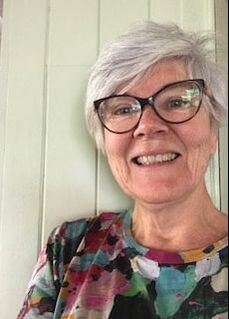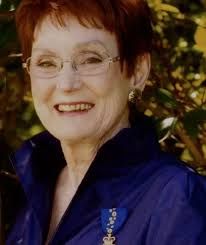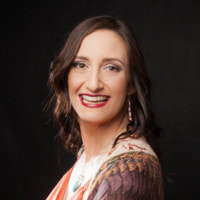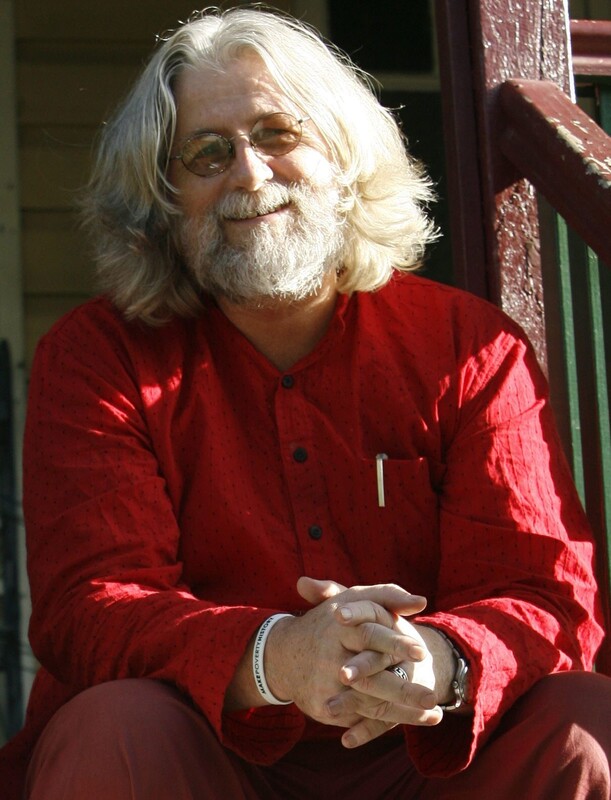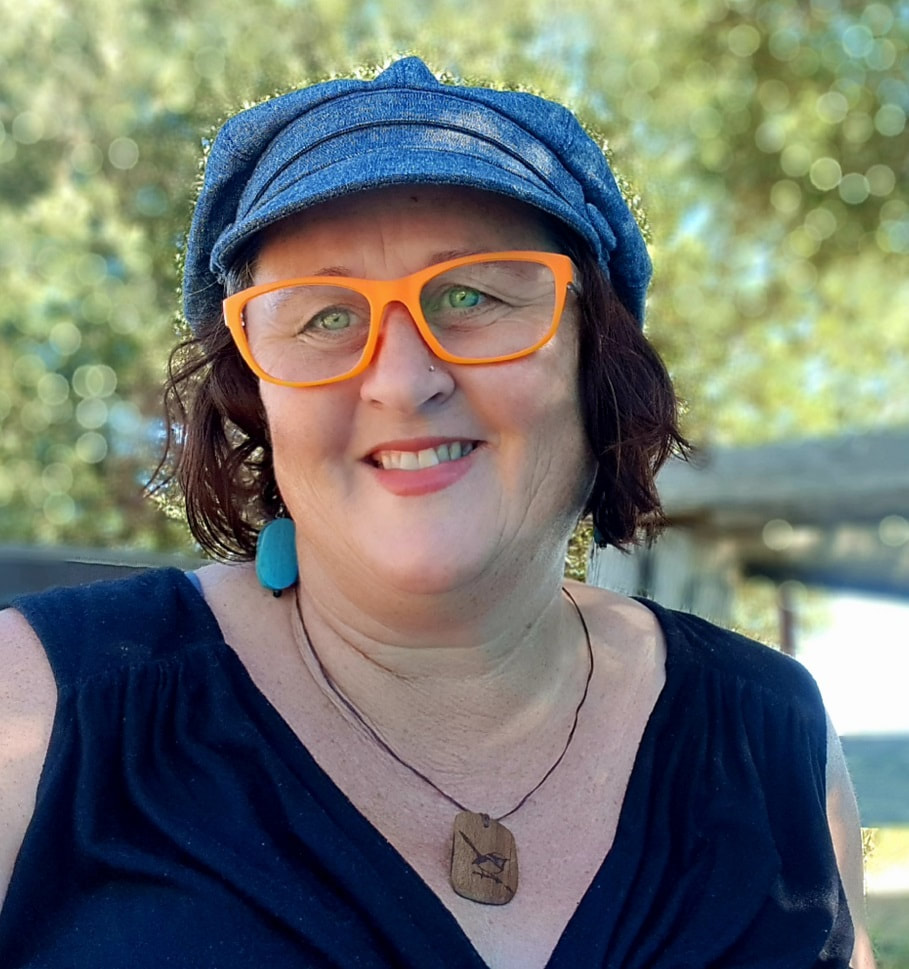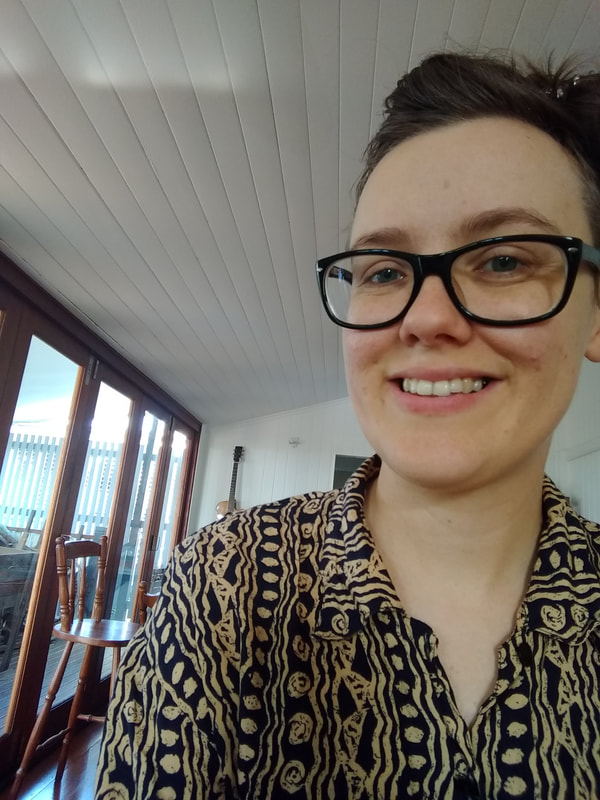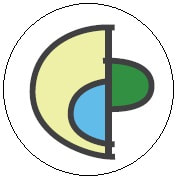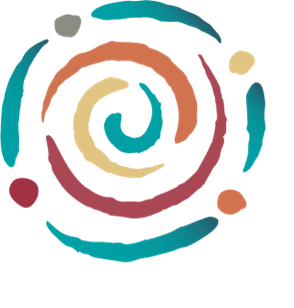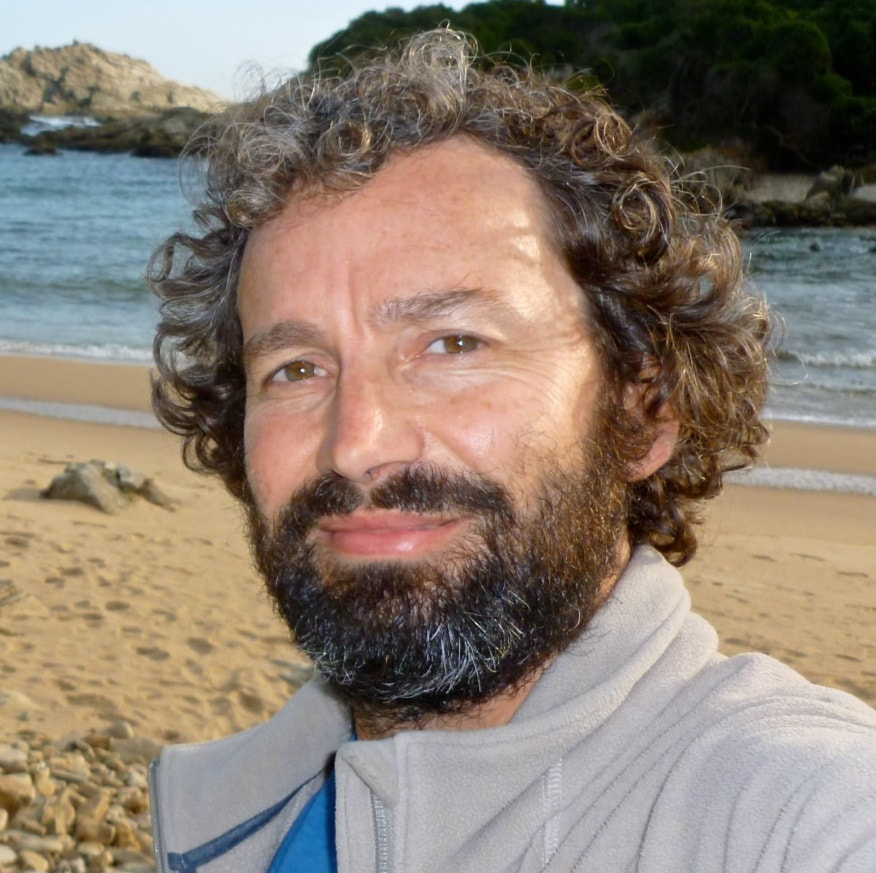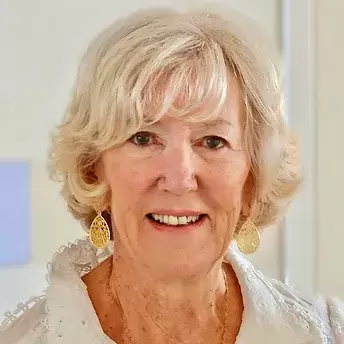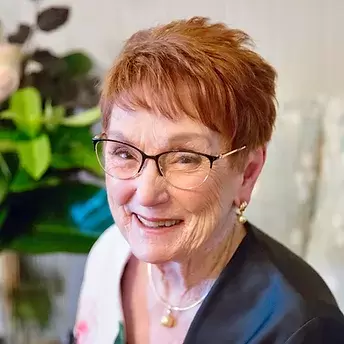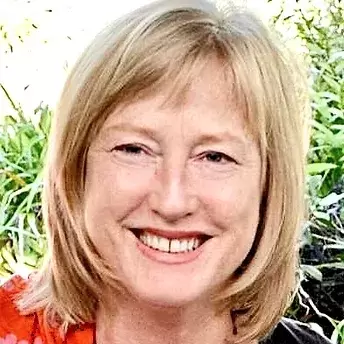Trainers
Community Development (CD) has a long tradition in Queensland shaped by certain philosophic understandings and practical skills, and we are keen to promote training within this tradition. We are however open to all traditions and approaches to CD, and are interested in listing training in the range of skills which support CD practice.
We do not vet or vouch for the quality of training or the relevance to your needs, rather we aim to provide information which you can assess for yourself. We are, however, interested in feedback and recommendations which can be provided by email.
The trainers are listed alphabetically by first name - click on the respective links to view individual profiles:
We do not vet or vouch for the quality of training or the relevance to your needs, rather we aim to provide information which you can assess for yourself. We are, however, interested in feedback and recommendations which can be provided by email.
The trainers are listed alphabetically by first name - click on the respective links to view individual profiles:
Submit your profile
If you provide training/professional development or consultancy services relevant to community development and would like this listed on our training page, please submit using this trainer form.
If you provide training/professional development or consultancy services relevant to community development and would like this listed on our training page, please submit using this trainer form.
Profiles |
|
Ph: 0422 136 785
|
Spotlighting community
BIO
At 75, I look back over an adulthood trying to come to terms with community (in all its forms) and associated practices of community development that enable us all to step into our power in our public and private lives. I have studied, taught, practiced and researched in these areas, inside and beyond universities, and am still learning. Over recent years I have been working with community folk on an evaluation approach which is compatible with community development. This is often referred to as developmental evaluation, yet it also incorporates elements of measurement, outcomes and impact. My practice and learning over the past 15 years has been enriched through walking the journey of change with First Nations people of remote desert communities. I look forward to further discussions with individuals, groups and organisations, with a view to co-creating value in the work they do with their various communities. |
|
Ph: 0408 728 952
|
Mentoring for developmental community practice
How often do we see people trying to fit into top down eligibility driven services that miss much of what they need to get on with their lives? Reducing the gap between what is provided and what is required will only happen when people come together with each other and, where necessary, with decision makers, to negotiate better options.
If you are ready to shift, at least in part, from providing services to enabling people to work together to enhance their own lives and the lives of others, within democratic processes, then this mentoring is for you. Mentoring can be tailored to suit your needs no matter where you work or live. BIO
Carmel graduated from UQ Social Work in 1965. She had an intuitive style of practice that recognised the importance of the engagement of local people in the decisions that impact their lives. In those early days, there was no name for this practice. As a young practitioner she began the conceptualisation of a bottom up practice through her involvement in the Australian Assistance Plan (AAP), introduced by the Whitlam Government in 1974. Her then mentor, Les Halliwell (UQ) supported her engagement with a range of national processes of locating methodologies relevant to a community-led participatory policy approach. These methods became known as community development or participatory developmental work. At that time, Carmel was instrumental in the establishment of a Mackay, Whitsunday and Isaac regional organisation (still surviving as RSDC), as a structural mechanism to enable the people of that region, including those of the more remote localities, to have a voice in decision making and to work together for change. In her mentoring and supervision practice, Carmel assists people to develop, enact and reflect on a developmental framework for their practice, whilst meeting contracted and organisational obligations. |
|
|
Indigenous perspective on community developmentEmily McConochie is a WakkaWakka Woman, educator and community development worker based in the Glasshouse Mountains and South-East Queensland. She brings cultural frameworks informed by Country, Community and relational ways of knowing, being and doing. Her social change and decolonising frameworks incorporate dadirri, yarning, cultural and embodied storying methods that integrate localised knowledge of South-East Queensland communities and development approaches. Emily won’t always admit to being a failed comic but she brings a touch of humour to all her engagements: the sacred isn’t always serious. In her spare time (joke) she’s been a keen gardener, swing dancer, drama queen, devout LegoTM enthusiast and Aunty, but since becoming a mum spends most of her time sharing her world with a tiny human. At this present moment she is also: A casual academic and project manager (ethics) at The University of Queensland & Director at Nungeena Aboriginal Corporation for Women’s Business.
|
|
Ph: 0401 669 245
|
Compassionate community work
Based on my books - Building a better world: Developing communities of hope in times of despair, Living community: An introductory course in community work and Down Under: In-depth community work
BIO
Dave, his wife Ange, and their family have lived and worked in intentional communities with marginalised groups of people in Australia, Afghanistan, India and Nepal for more than 40 years. Dave, Ange and their friends started Aashiana, Sahara, Sharan and Sahasee – four well-known community organisations working with slum dwellers, sex workers, drug addicts, and people with HIV/AIDS in India; and they are currently a part of the Waiters Union, an inner city community network working alongside Aboriginals, refugees and people with disabilities in Australia. Dave is a lecturer in community work at CHC and a trainer for the Community Praxis Co-op. |
|
Ph: 0427 639 848
|
BIO
Heather is a community leader, social worker and changemaker driven by her creativity, energy, and collaborative spirit. As the Founder and Director of BlueWren Connections, Heather strengthens communities, teams and individuals who want to develop their internal capacity and expand their influence. Heather’s passion for regional Australia stems from 30 years on the land as a primary producer. She has a long-term career in the social service sector in the fields of family and domestic violence, sexual assault, community development and child protection. Heather is effective in working in partnership with groups and communities to co-design and implement the pathway to achieving desired outcomes. Her skills include organisational capacity building, strategic planning program design, training, community development, group facilitation and research projects. Heather’s community development framework is grounded in CD QLD tradition, narrative practice, and art of hosting. In our workshop Community Leadership Building – we look at what practices bring about resilient communities, where people feel valued, are willing to contribute and able to collectively build their resilience, plan they want for their community. |
|
|
Community Cultural Development and Creative Consultancy
BIO
Deanna's professional career began in Brisbane City Council's Community Development Division, but exploring new contexts called and Deanna went to Europe, South America and Timor-Leste to learn about Community Cultural Development practices. Deanna brings a training in Socially Engaged Arts/ Applied Theatre stemming Augusto Boal's Theatre of the Oppressed into their practice. Deanna has a PhD from Queensland University of Technology available here. |
|
Ph: 0490 117 559
|
Building just, sustainable and peaceful communitiesSupervision, resident mobilisation, worker training, masterclasses, fellowships, and consulting:
ABOUT
Community Praxis Co-op provides the collaborative infrastructure that enables members, friends and colleagues to earn an income by forming self-managed teams for project, consultancy and training work. In effect, the Co-op is a clearinghouse for work. Co-op consultancy teams are usually made up of one or more Co-op members, working with colleagues from our networks who are practitioners with particular expertise. Our teams design and facilitate processes in response to invitations, project briefs and partnership opportunities – mainly from government and community sector organisations. We will consider any work for which we can bring together a team with appropriate skills and experience, where there is an opportunity to contribute towards building more peaceful, just and sustainable communities. The Co-op is not-for-profit. Members and employees are casual or short-term project workers who are paid for the work that they do on a particular project. We budget a small ethical dividend in each project which we donate to support local community building initiatives in Australia and overseas. Co-op membership has consisted of Dave Andrews, Neil Barringham, Deanna Borland-Sentinella, Howard Buckley, Gerard Dowling, PJ Humphries, Em James, Tina Lathouras, Christel Palmer, Lynda Shevellar, Paul Toon, and Peter Westoby (and more). |
|
|
ABCD and participatory community building
BIO
The Jeder Institute supports authentic social change through increased community engagement and participation. Our aim is to engage, inspire and activate your organisation and/or community to produce the following outcomes:
Participatory community building blends ABCD and Art of Hosting (participatory leadership) to provide participatory: patterns, practices, processes, and principles to give you the tools to co-create projects and initiatives. |
|
|
Edgy community development
Training includes:
BIO
Peter Westoby is an Adjunct Associate Professor in Social Science and Community Development at the School of Public Health and Social Work, Queensland University of Technology (QUT); a Visiting Professor at the Centre for Development Support, University of Free State, South Africa; and a Director with Community Praxis Co-op. He consults, teaches and researches on community and social development practice, dialogue work and forced migration issues. Peter has worked in youth, community and organisation development for 30 years, within South Africa, Uganda, Vanuatu, PNG, Nepal, the Philippines and Australia. He has published 14 books, and 50+ professional journal articles, his most well-known being monographs such as Dialogical Community Development (2013) (Routledge); Soul, Community and Social Change (2016) (Ashgate/Routledge), and The Sociality of Refugee Healing (2009) (Common Ground). Peter loves bush walking, swimming, hanging out in independent book shops, drinking good quality coffee, and home-making. |
|
|
Agora Community Development Training and Coaching
Community Development (citizen-led change); face to face or on-line
BIO
|
